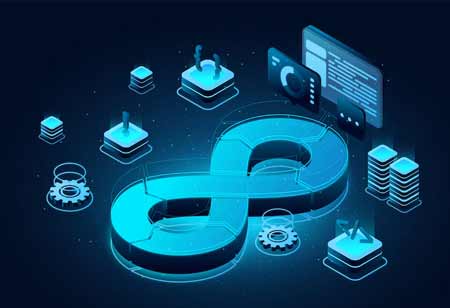THANK YOU FOR SUBSCRIBING
Role of Blockchain in Building Trust Economy

By
Apac CIOOutlook | Monday, December 01, 2025
Stay ahead of the industry with exclusive feature stories on the top companies, expert insights and the latest news delivered straight to your inbox. Subscribe today.
It is expected that during the next two years, organizations will put more efforts in testing blockchain technology as an integral part of the new method in establishing trust in the new age of digitalized economy. Deloitte LLP's new research shows that "trust economy" at present is developing P2P (person-to-person) transactions which are generally enabled by blockchain technology. Also, these transactions are not dependent on the traditional methods such as guaranteed cashiers' cheques or credit ratings. The Deloitte analysts' reports also say that it relies on each party's digital identity and reputation that will soon be stored and managed within a blockchain.
The "trust" factor of individuals may include tax information, professional or financial histories, consumer preferences, and medical information. Reputational identities can also be maintained by companies who can develop a good trustworthiness being a business vendor or a business partner.
Blockchain as Trust Builder
Blockchain is an electronic ledger for the public like a relational database which can easily and openly be shared among users to create records. These records are basically unchangeable in nature, and each of them is stamped for once and linked to the previous one. The digital records or transactions are lined like a thread which is called a block, out of which the name has been created. It allows either an open set of users who can participate in electronic ledger. However, each of such blocks is linked with a particular participant. Participants can keep the blockchain updated being a vital part of the system and once new data enters in the chain; it can never be removed. Blockchains, however, contains verified and true records of each and every transactions made within a system.





